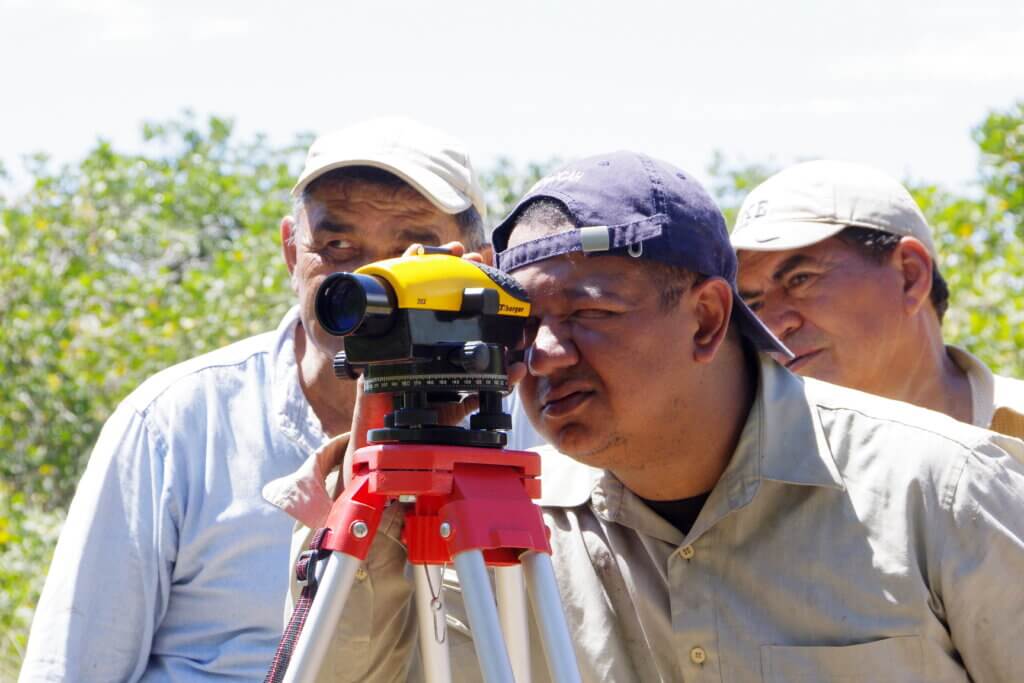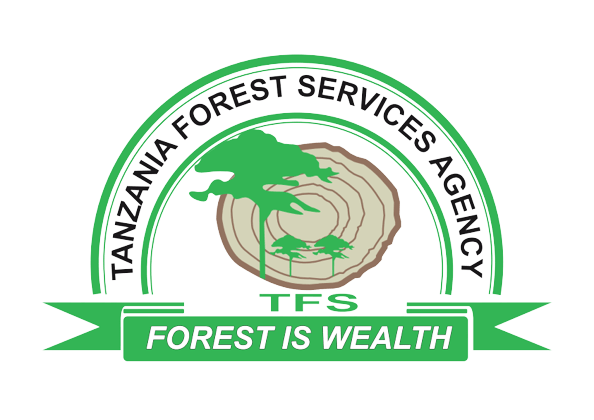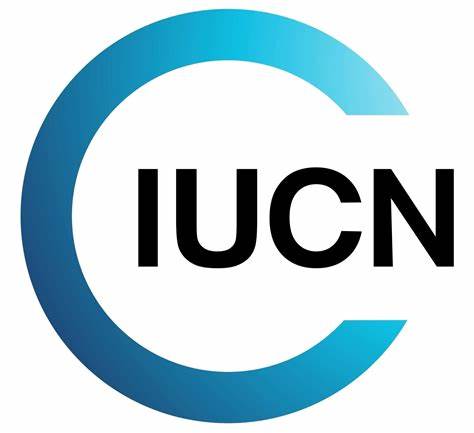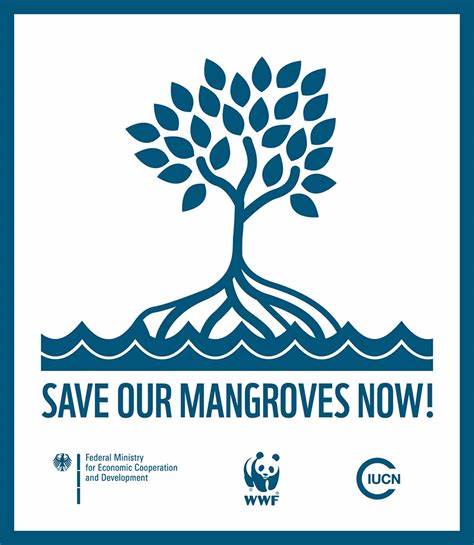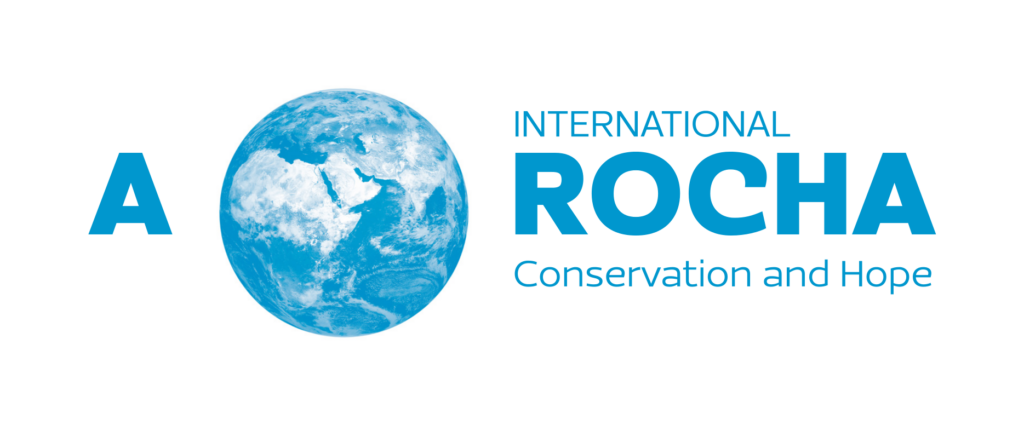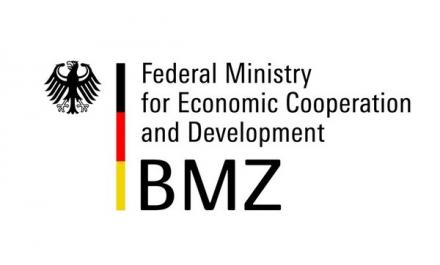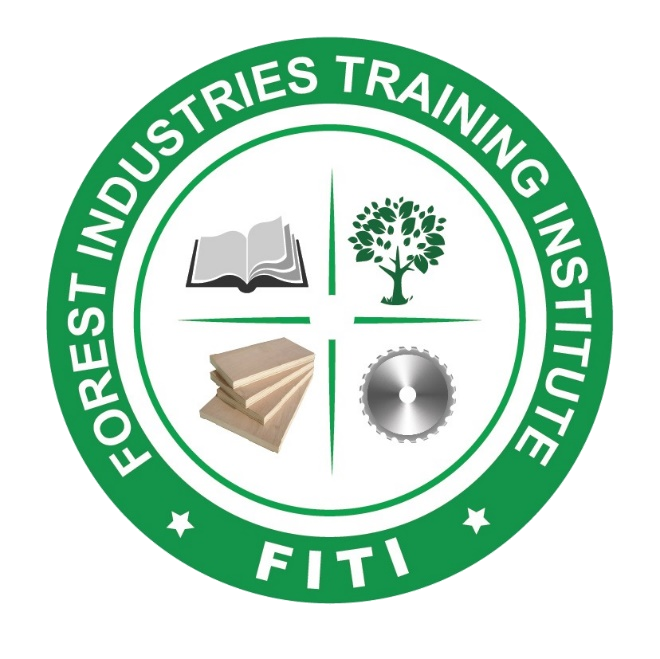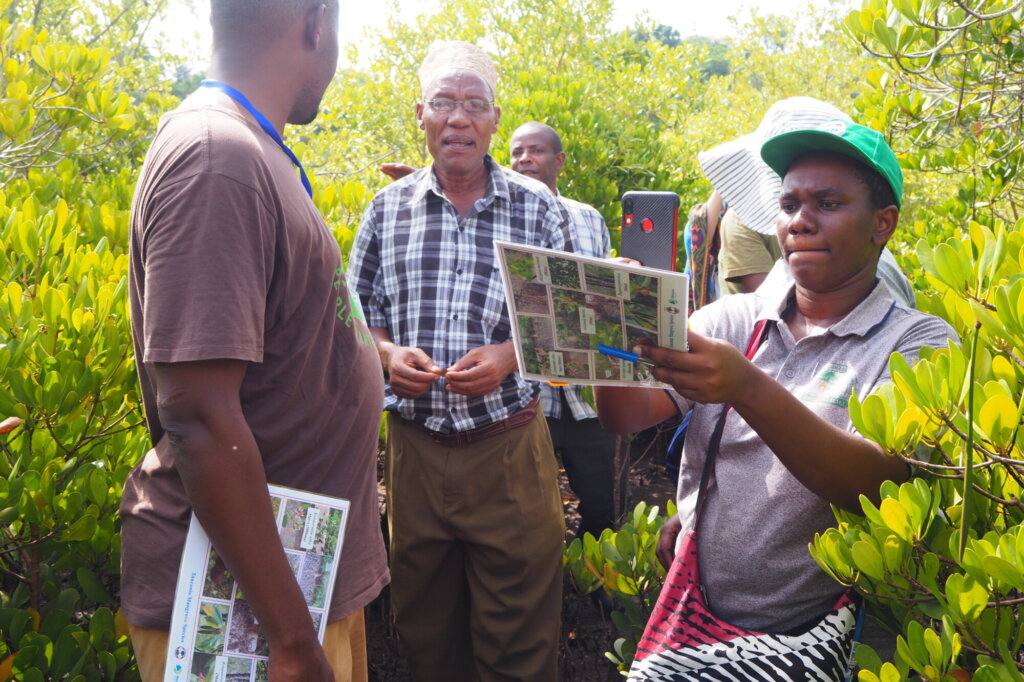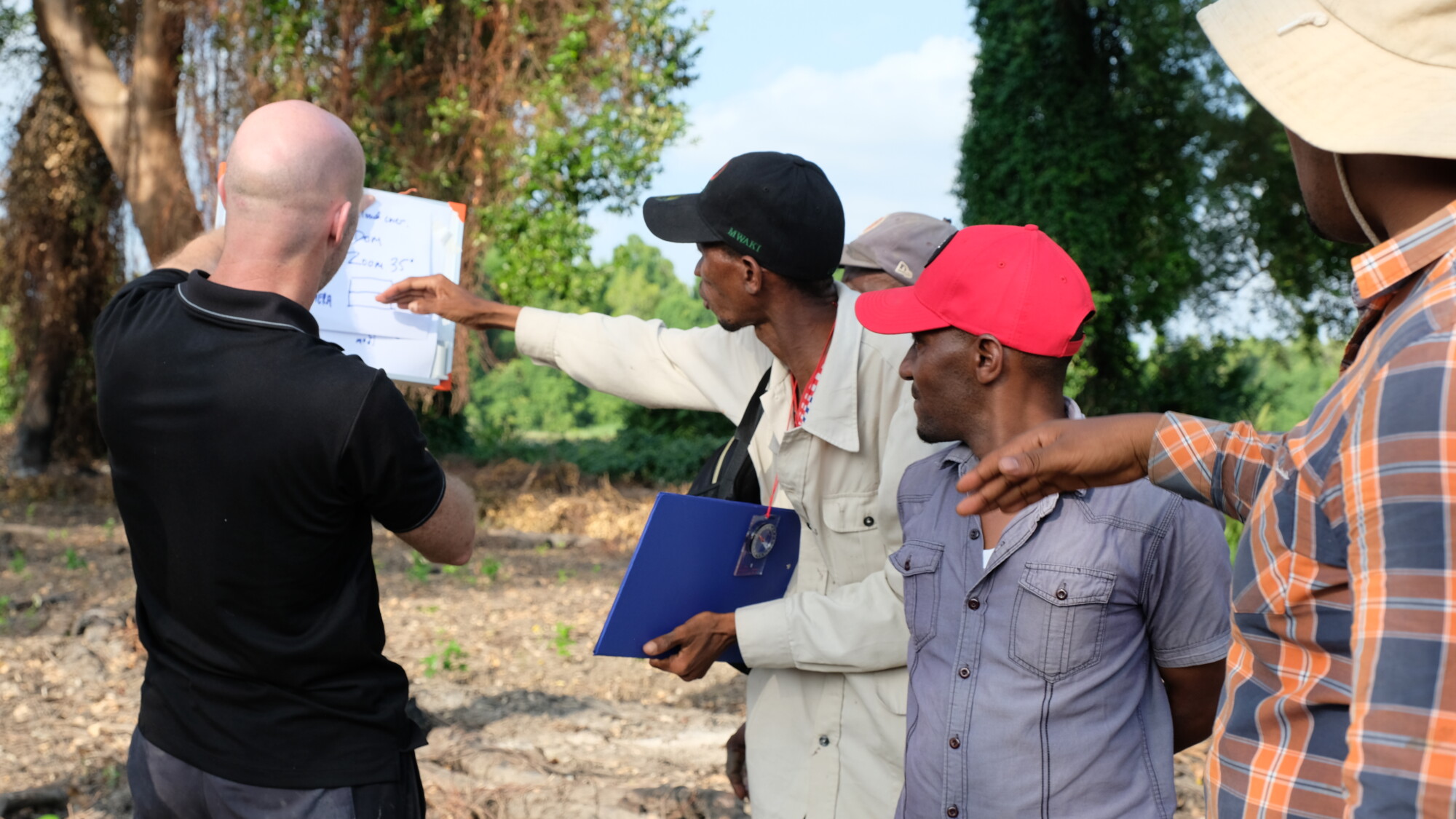
Training the trainers in Tanzania
Location: Tanzania
Timeline: 17-24th February 2020
Goal: To equip field-based officials with the knowledge and tools to conserve and restore local forests.
Partners

Stakeholders strengthened their capacity in effective communication skills for coaching and training.

Following the Training the Trainers model, participants upskilled existing knowledge and improved teaching skills.
Training equipped government staff and field officers to effectively restore mangroves.
What we did
Working to fill mangrove best practice gaps in the Western Indian Ocean region, MAP conducted two community-based ecological mangrove restoration workshops in Tanga as part of the Save Our Mangroves Now! Initiative, an international project led by the German Federal Ministry for Economic Cooperation and Development, World Wide Fund for Nature (WWF) and the International Union for Conservation of Nature (IUCN).
Aimed at local stakeholders, the training welcomed field staff from the Tanzanian Forest Service Agency, instructors from the Forestry Training Institute Olmotonyi, and community conservation group leaders.
Through a combination of classroom theory, group work, field trips and presentations, we were able to “train the trainers” on topics vital to mangrove restoration and conservation. Besides learning about mangrove biology and ecology, participants were shown examples of species zoning, taught about the importance of hydrology and biodiversity, discussed how to map a restoration site, and addressed challenges in mudflat afforestation.
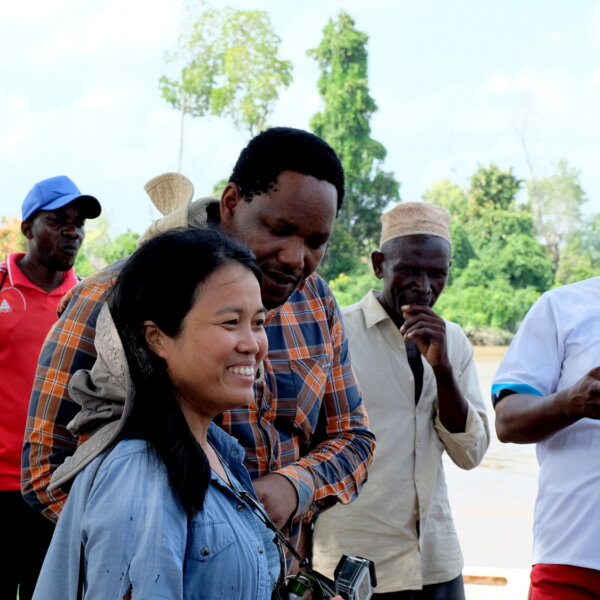
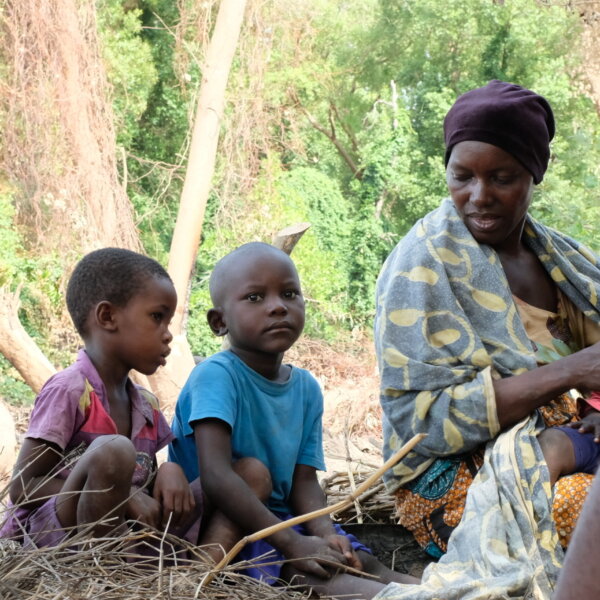
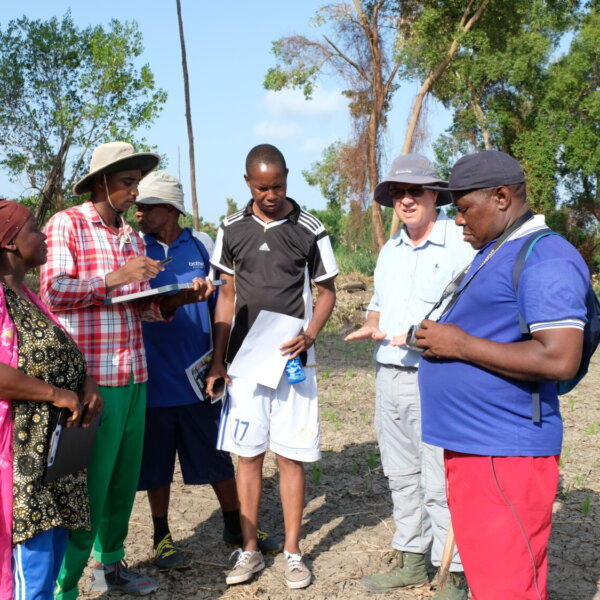
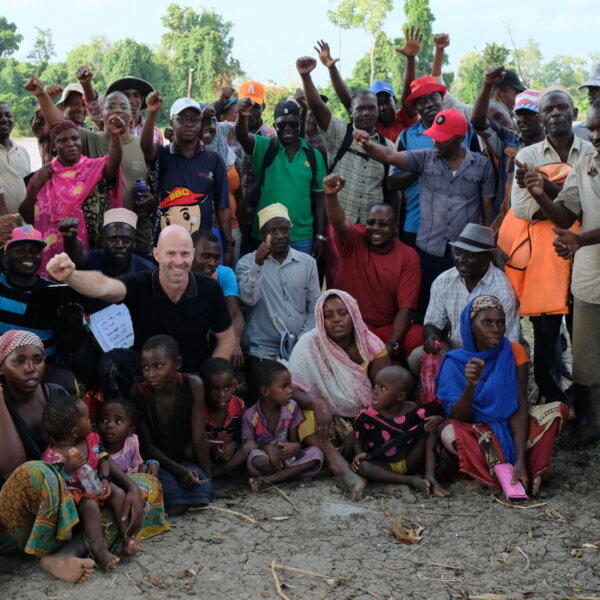
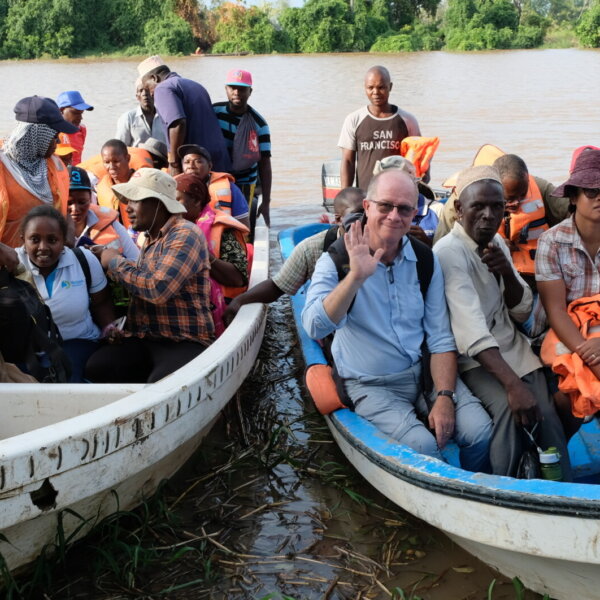
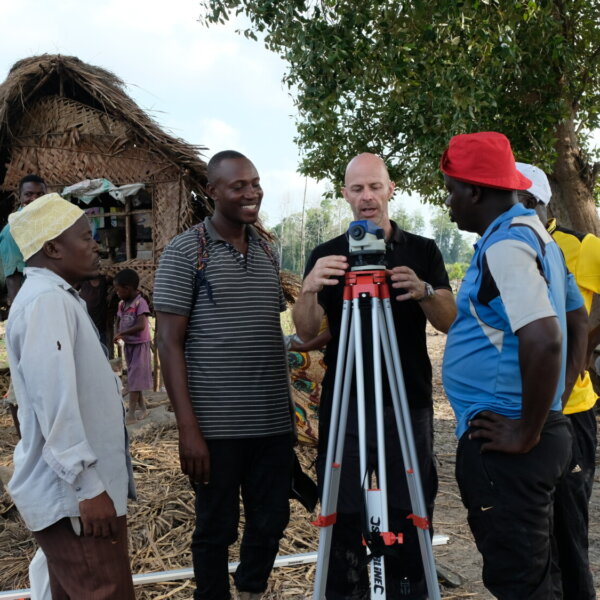
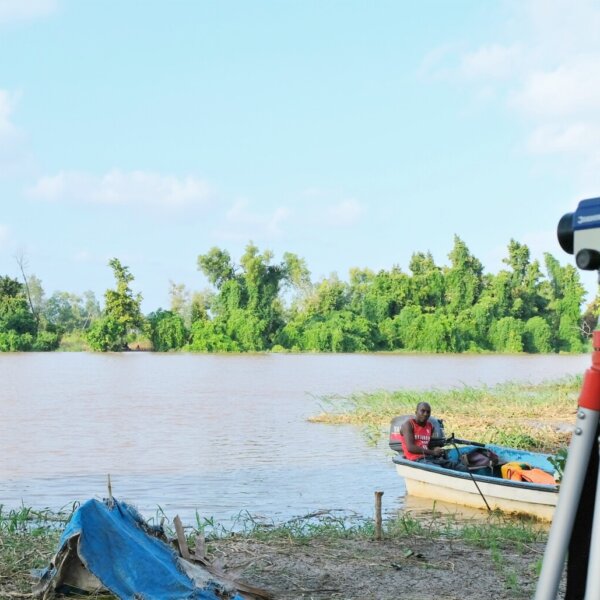
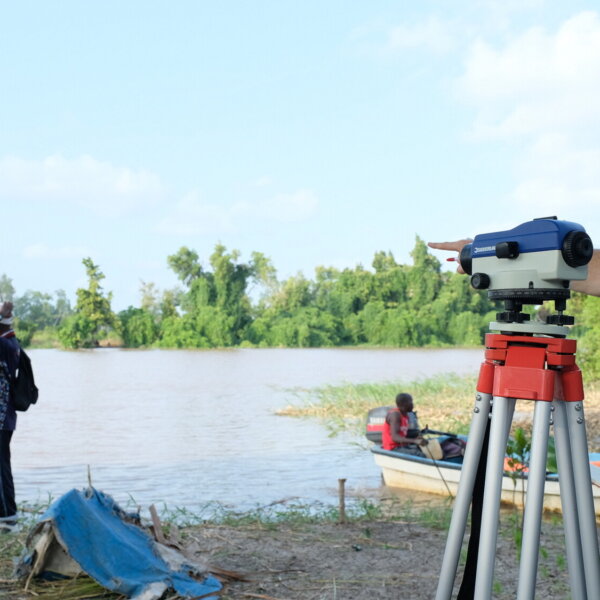
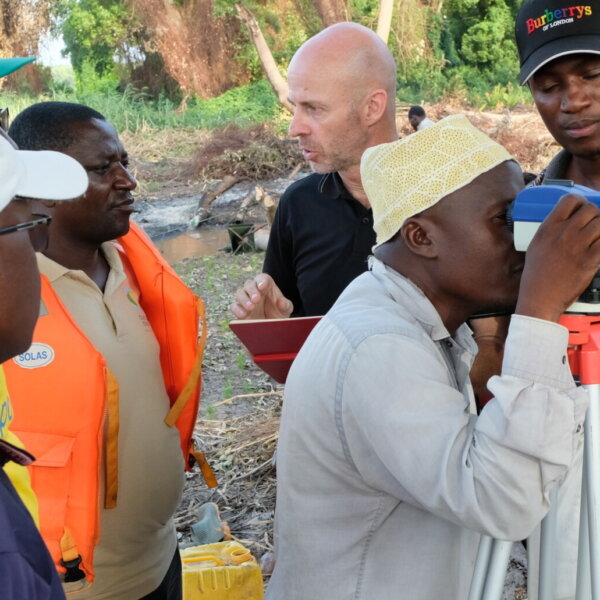
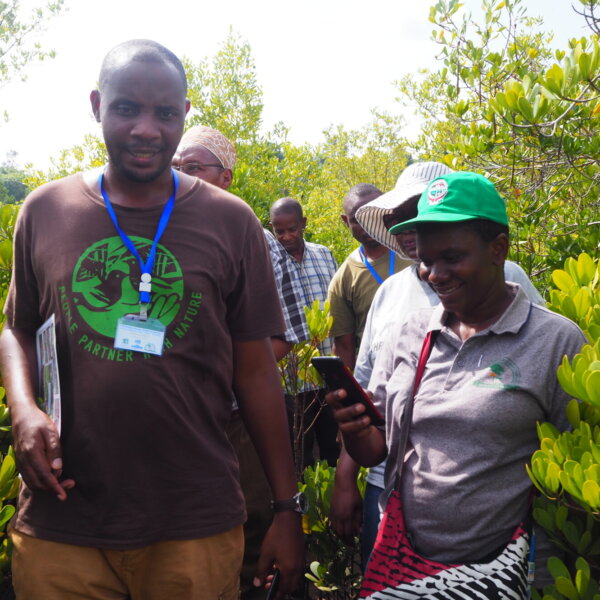
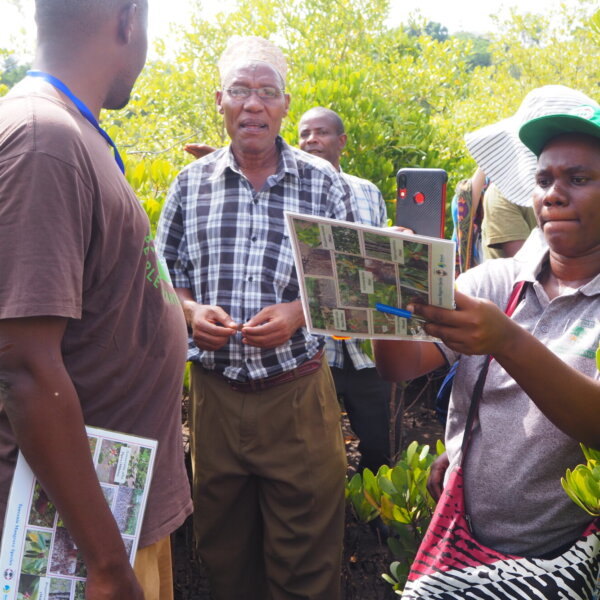
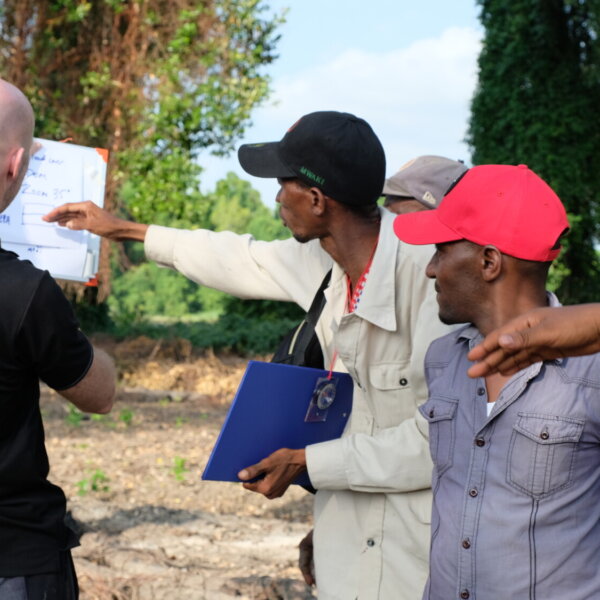
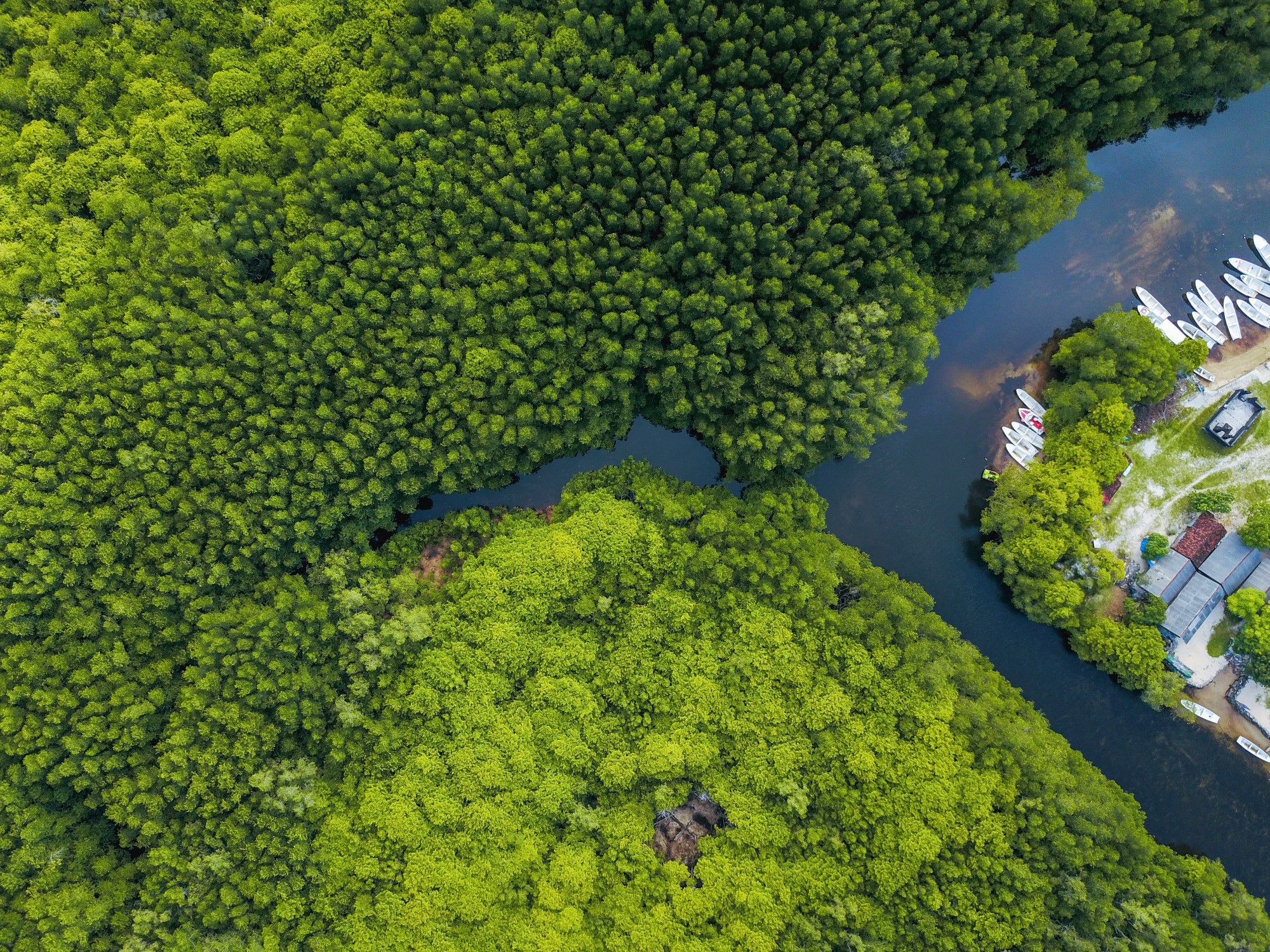
Interested in working with us?
Get in touch with us at dominic@mangroveactionproject.org
Related work
- Read more about Restoring vital ecosystems in Kenya
Restoring vital ecosystems in Kenya
Location: Kenya Timeline: 28th Feb - 21st March 2022 Goal: To share the knowledge and tools for restoring mangroves: a vital…
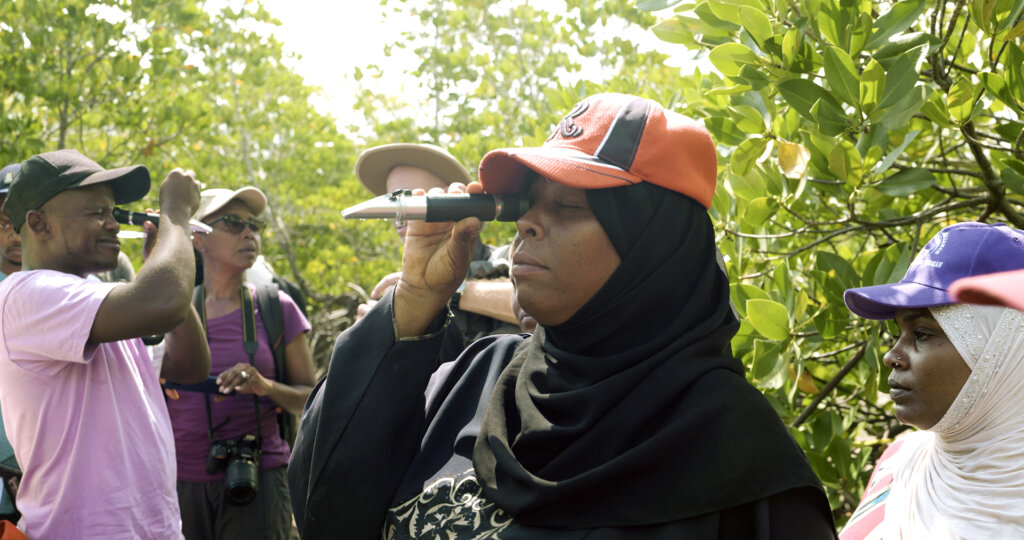
- Read more about Delivering mangrove restoration best practices in the Bahamas
Delivering mangrove restoration best practices in the Bahamas
Location: Bahamas Timeline: March - April 2023 Goal: To support local mangroves restoration efforts and implement best practices for future…
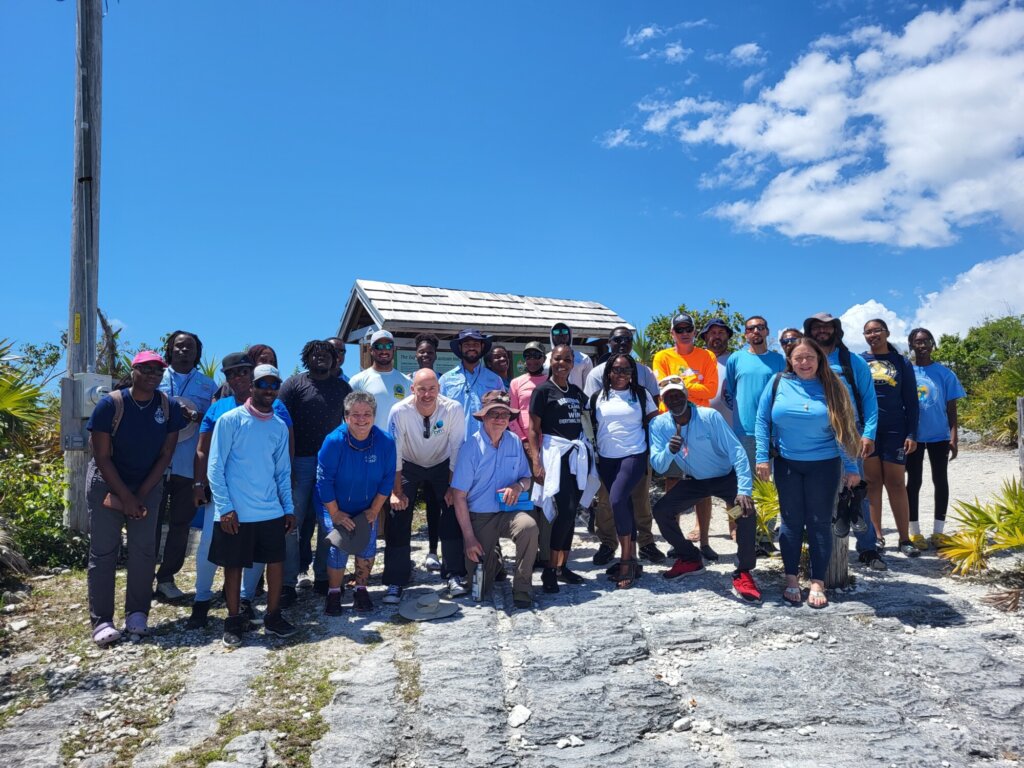
- Read more about Fostering a sustainable network in Honduras
Fostering a sustainable network in Honduras
Location: Honduras Timeline: February 2015 Goal: To work collaboratively with local officials to persuade local villagers and village leaders to reduce…
